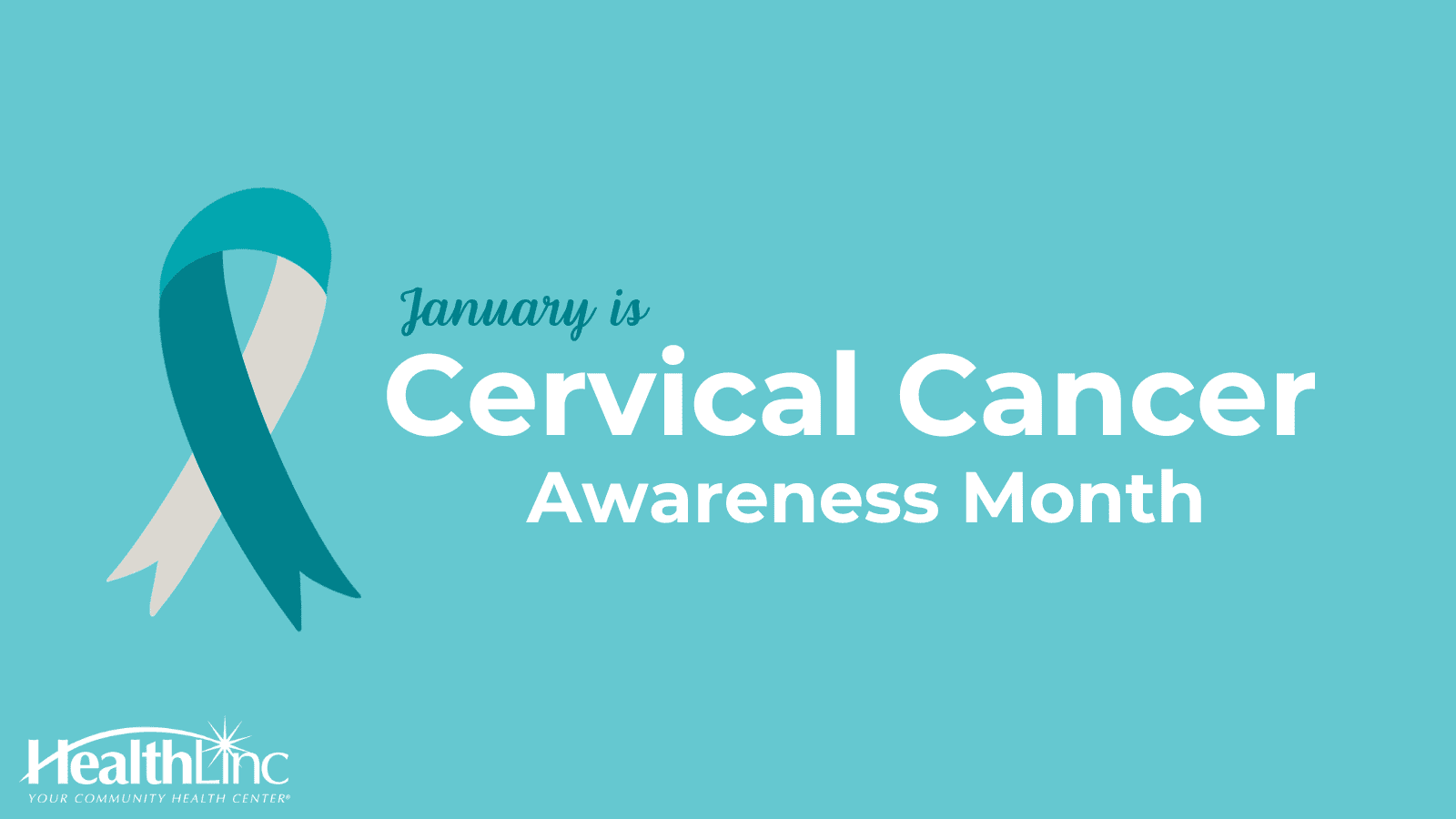
Cervical cancer is a serious health concern for all individuals with a cervix, and regular screening, paired with early diagnosis and treatment, can help keep you healthy.
Cervical cancer happens when abnormal cells begin to grow in the cervix. The cells often grow quickly and can turn into a tumor, eventually taking over and destroying the “normal” healthy cells. If left untreated, these abnormal cells can spread and cause other issues in the body. Fortunately, Pap exams are helping to detect cervical cancer earlier than ever before, meaning fewer individuals are experiencing severe side effects or dying from the cancer.
What is a Pap exam?
A Pap exam, also known as a Pap smear, is a screening to check for precancerous conditions in the cervix (the opening of the uterus). It’s a quick swab to collect a sample of cells from the cervix and test for abnormal cell growth.
How often you should get a Pap exam may vary depending on your age and past test results. Most individuals with a cervix who are between the ages of 21 and 65 should get screened every three to five years. If a past Pap exam found abnormal cells, you may need to get screened sooner than three to five years. If you’re unsure about if you’re due for a Pap exam, it’s always best to speak with your medical provider.
What are the symptoms of cervical cancer?
Knowing what to look out for when it comes to any type of cancer or health-related condition is important. Cervical cancer does not always show symptoms at first. However, when it begins to grow, there are a few signs to look out for:
- Vaginal bleeding after intercourse, between periods or after you’ve started menopause
- Having a heavier or longer than normal period
- Watery and bloody discharge that is heavy and has a bad smell
- Pelvic pain or pain during sexual intercourse
If you experience any of these symptoms, even if you have had normal Pap exam results in the past, contact your medical provider as soon as possible.
How can you prevent cervical cancer?
Along with getting regular Pap exams, there are a few things you can do to help prevent cervical cancer from developing. These include:
- Getting the HPV vaccine. Most cervical cancers are caused by the HPV virus. Because of this, the HPV vaccine can help lower your risk of cervical cancer. All kids between the ages 9 and 14 should get vaccinated. However, anyone up to age 26 can get the vaccine.
- Practice safe sex. Wear a condom every time you have sex, and limit the number of sexual partners you have.
- Don’t smoke. If you currently smoke, there are many options available to help you start on your journey to quitting.
It’s important to remember that 93% of all cervical cancers can be prevented with routine Pap exams and other preventative measures. If you have a cervix, are between the ages of 21 and 65, and it’s been three to five years since you’re last Pap exam, talk to your medical provider about your screening options.

